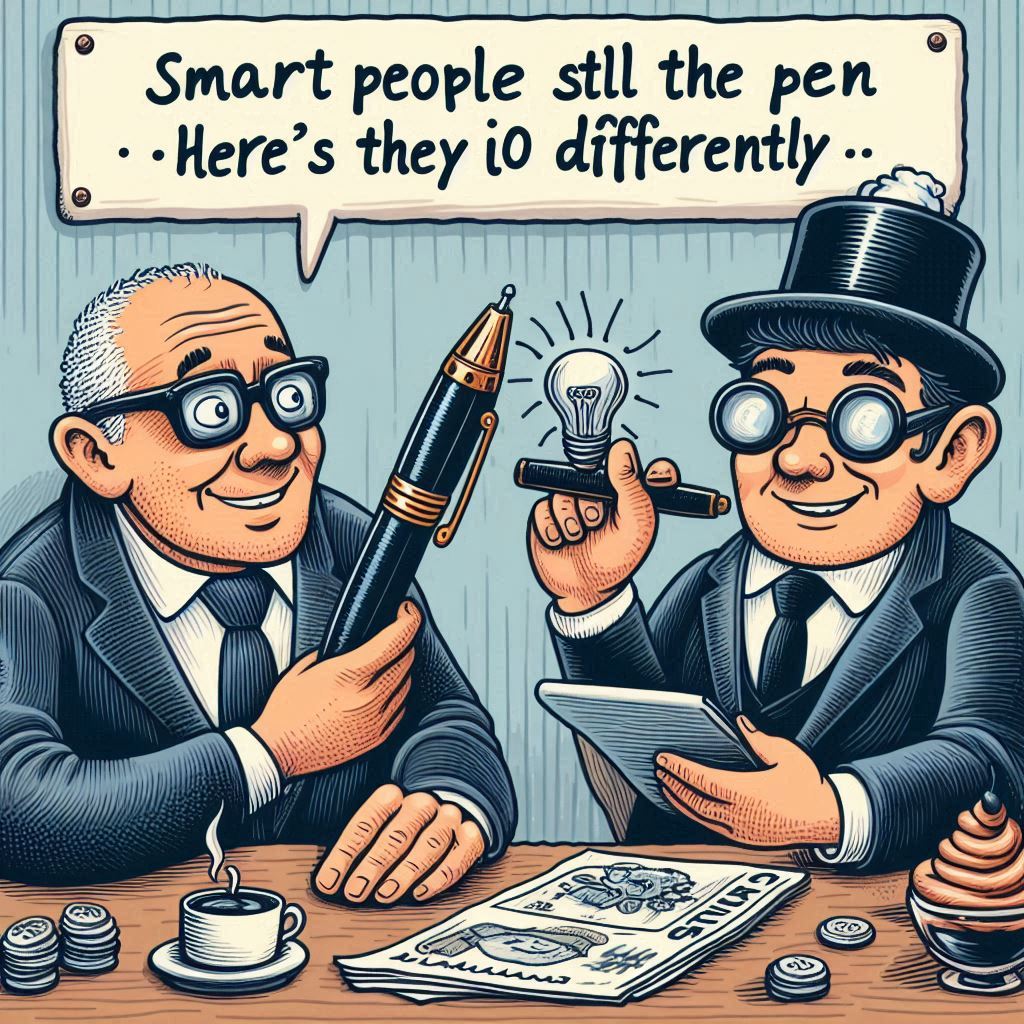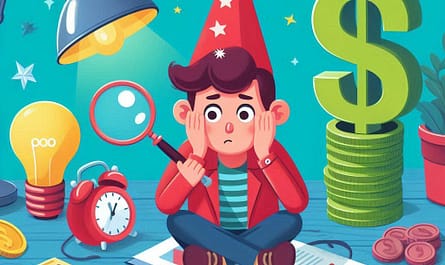— But Here’s How They Do It Differently”

Sales are the lifeblood of any business. Without sales, there is no business. Yet, despite how essential sales are, many people hate the idea of selling — and “selling the pen” has become a cliché that represents everything unpleasant about sales.
With the rise of the internet and digital marketing, many assume that traditional sales skills are now obsolete. Companies can rely on clever marketing and automation to drive conversions without ever having to speak to a customer. Wrong.
No matter how brilliant your marketing strategy is, at some point, you will have to sell. You will interact with customers, negotiate with suppliers, manage team members, pitch to stakeholders, and even persuade investors. For every one of those interactions, having strong sales skills can be the difference between success and failure.
But I get it — “sell me this pen” has become synonymous with aggressive, pushy, and outdated sales tactics. And honestly? That’s not how smart people sell anymore.
🎯 The Horrible Side of Sales: My First Encounter
When I was 19, I answered an ad for a sales job with a publishing company. As a book lover, I was thrilled by the idea of traveling to charming bookshops, having meaningful conversations with passionate bookstore owners, and making a living doing something I loved.
Reality hit me hard.
The interview was held in a dingy London office. My prospective boss barely looked up at me before tossing a pen across the desk and saying, “Stand over there and sell me this pen.”
Classic. Horrible. Hard sales.
Even though I was offered the job, I turned it down. I soon realized that “publishing” was just a sugar-coated term for a media group selling advertising space — one of the coldest, most pushy types of sales out there.
That experience taught me a valuable lesson: sales don’t have to be this way.
🥪 How I Learned Real Sales — Selling Sandwiches
Shortly after that experience, I started a small side hustle selling sandwiches. I had no idea that this little venture would teach me more about sales than any textbook or sales script ever could.
Here’s what I learned:
✅ Sales Aren’t About the Product: When I was selling sandwiches, I wasn’t just selling food. I was selling convenience, a quick lunch solution, and a way to satisfy hunger without standing in line. Smart sales focus on solving a problem, not just pushing a product.
✅ Listening Beats Talking: The best salespeople don’t talk endlessly about features. They listen. They identify what the customer wants and needs, and then position their product as the solution.
✅ Emotion Drives Decisions: People buy based on emotion and justify with logic. I learned that if I could tap into someone’s desire for something quick, tasty, and easy, the decision to buy was almost automatic.
✅ Trust Is Everything: Whether you’re selling sandwiches or software, trust is key. Customers don’t buy from people they don’t trust. The best sales happen when the relationship comes before the transaction.
🖊️ Why Smart People Still “Sell the Pen” (But Differently)
So, do smart people still “sell the pen”? Absolutely. But they do it differently. Here’s how:
- They Sell Solutions, Not Products
Instead of pushing the pen, they ask questions like:- “What’s the biggest challenge you face when taking notes?”
- “Do you prefer writing things down or typing them?”
- “Would a smoother, more reliable pen make your work easier?”
These questions uncover the need behind the product. Once you identify the problem, positioning the pen as the perfect solution becomes natural and effortless.
- They Build Relationships First
Smart salespeople don’t focus on quick wins. They build trust and establish credibility before making the pitch. They understand that people buy from those they know, like, and trust. - They Focus on Value, Not Price
Rather than competing on price, they emphasize the value the product brings. A good pen isn’t just a writing tool — it’s about comfort, smooth writing, and reliability. It’s about making someone’s workday easier. - They Let the Customer Sell Themselves
When you ask the right questions and genuinely listen, the customer often sells themselves. By highlighting the benefits that align with their needs, they come to the conclusion that your product is exactly what they’re looking for.
💡 Final Thoughts: Don’t Sell the Pen — Solve the Problem
The next time you hear “sell me this pen,” remember: it’s not about the pen. It’s about understanding the problem, building trust, and offering a solution that fits. Smart people still sell the pen, but they do it by focusing on the person holding it — not just the product itself.
In today’s world, where consumers are more informed and have more choices than ever, relationship-based selling wins. And that’s how smart people still close deals — with empathy, value, and trust. ✨



